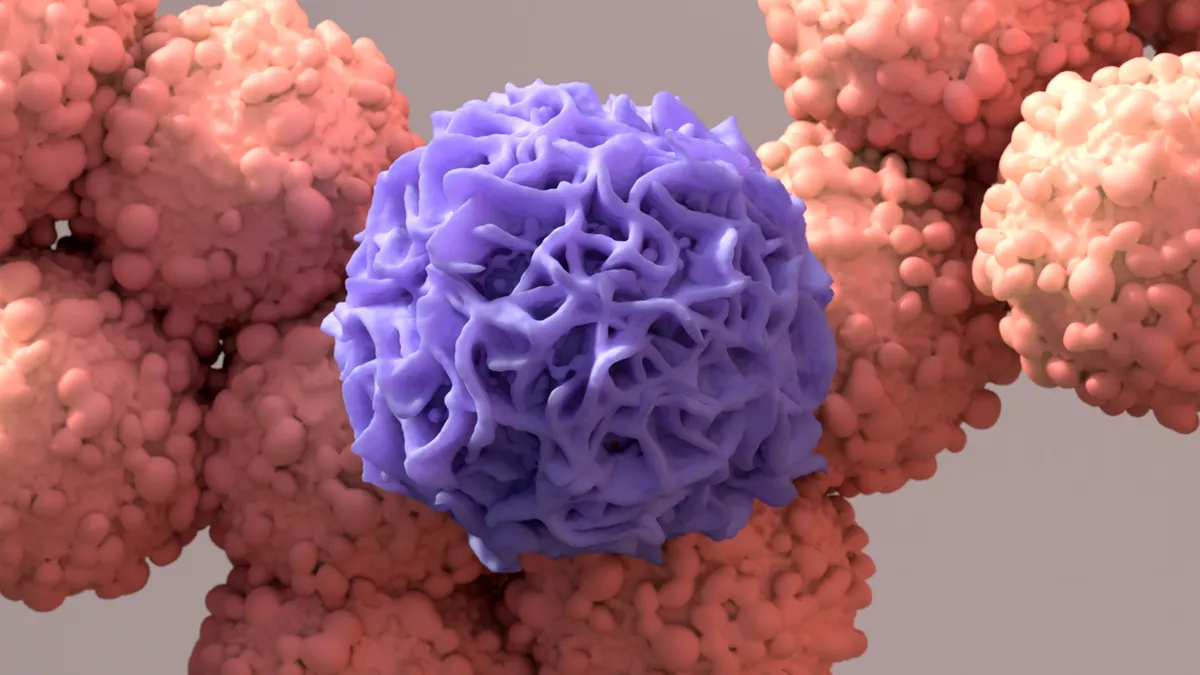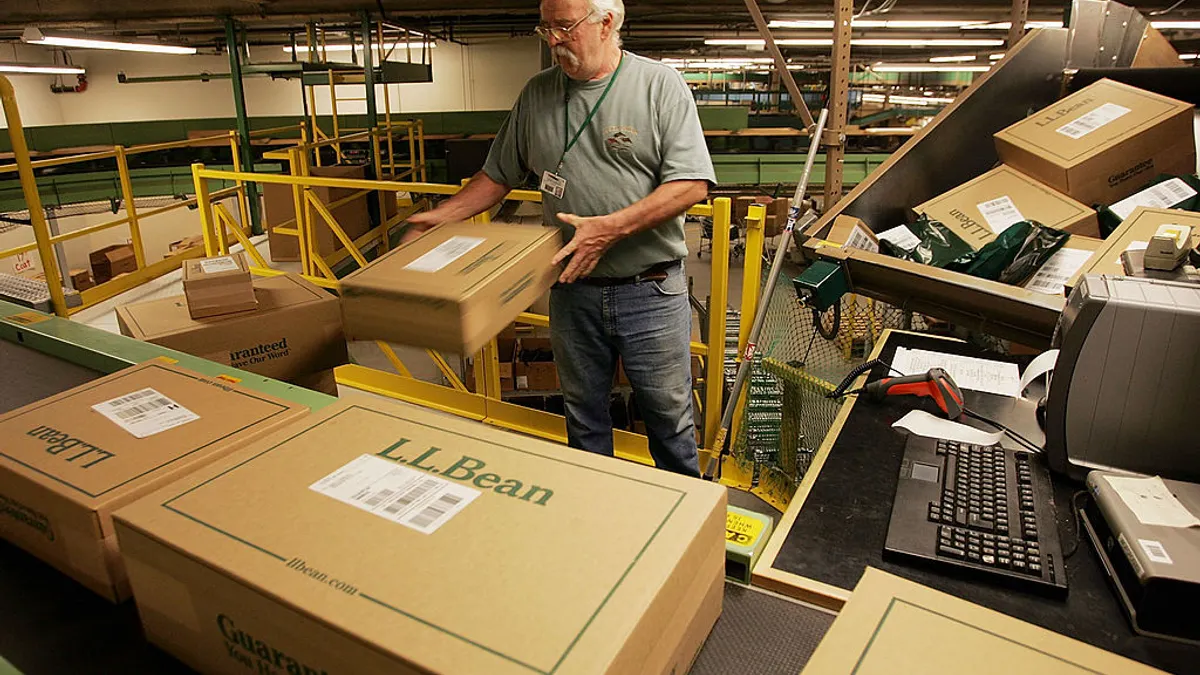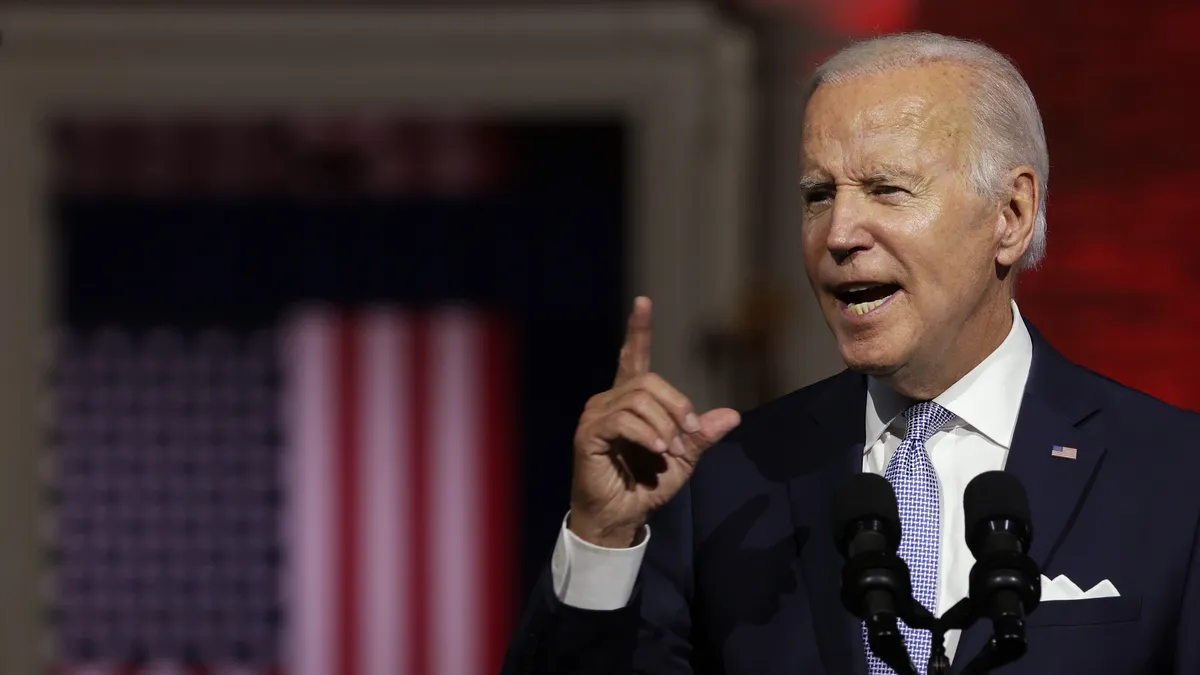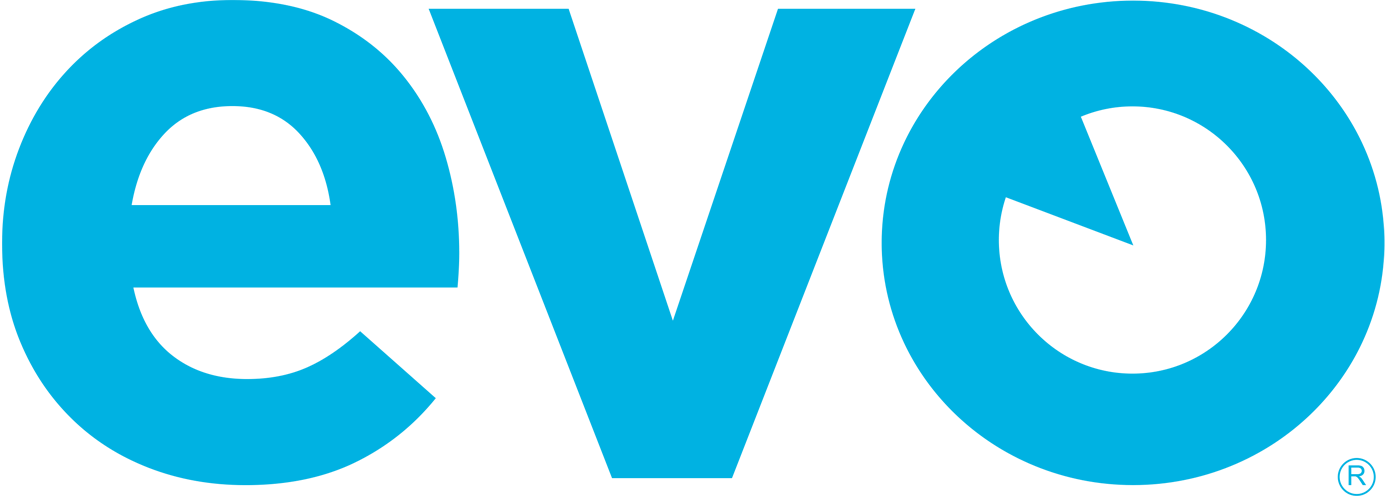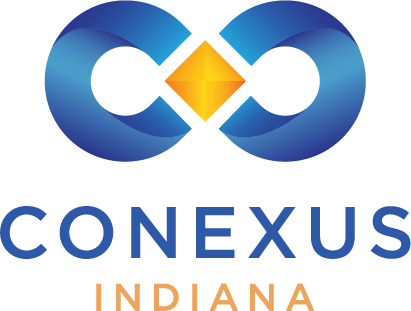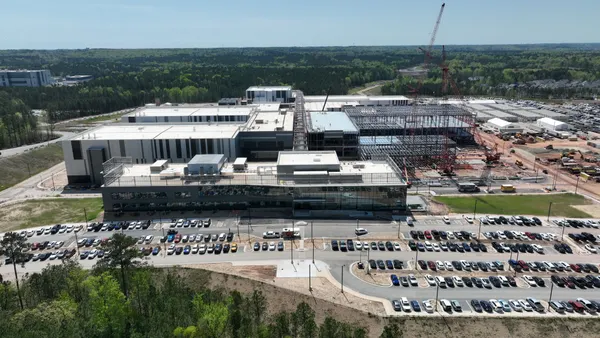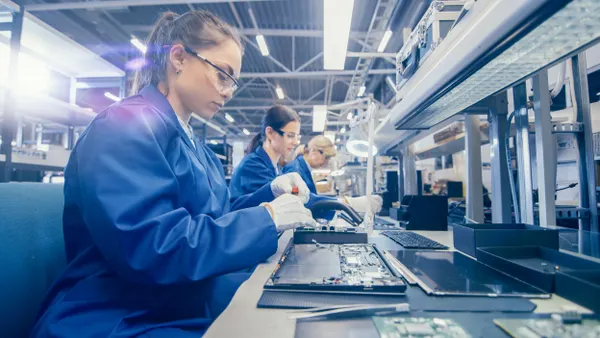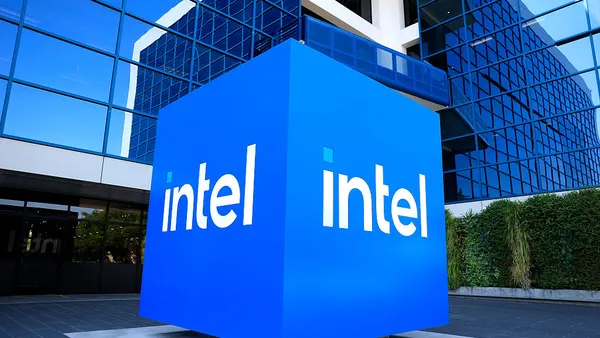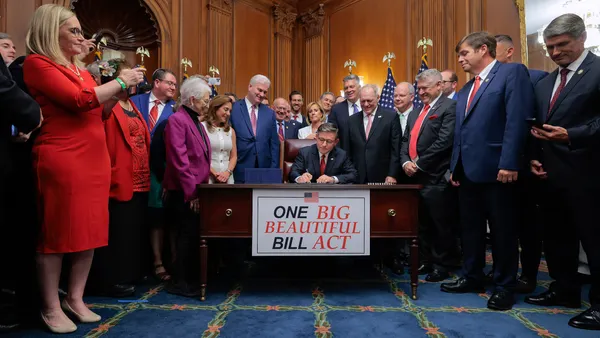Another startup has emerged with plans to make cell therapy manufacturing easier for young biotechnology companies.
Kincell Bio on Wednesday launched with $36 million and designs to grow a network of production hubs for cell-based medicines. The company was spun out from the manufacturing and quality control work of another startup, North Carolina-based cancer cell therapy maker Inceptor Bio, and is bankrolled by its lead investor, Kineticos Ventures.
Kincell inherits a fully staffed manufacturing facility in Gainesville, Florida, and intends to grow its presence there as well as in other markets such as Boston and Research Triangle Park in North Carolina, according to a statement.
It’s currently offering consulting, development and early-stage manufacturing assistance for personalized as well as off-the-shelf cell therapies that harness engineered T cells, natural killer cells or macrophages. The company intends to branch out into the production of synthetic messenger RNA, and form partnerships for the viral “vectors” developers often use to deliver treatments.
Kineticos and Inceptor founder Shailesh Maingi chairs the company, which will be run by Bruce Thompson, previously an executive with National Resilience and cell therapy maker Lyell Immunopharma. Inceptor, founded in 2020, raised a similar-sized funding round last year that helped it establish the Florida facility.
Kincell arrives at a time when young biotechs have started stepping up to address shortfalls in the availability of gene and cell therapy manufacturing tools. Development of such medicines is booming, with thousands of clinical trials currently underway. But the drugs are costly and complex to make, and startups often can’t afford to build up their own production capabilities.
The resulting surge in demand for manufacturing help has outstripped the capacity of contract manufacturers, leaving startups and academic researchers facing lengthy waits.
“By addressing the manufacturing challenges faced by early-stage innovators, Kincell is playing a vital role in accelerating the progress of cell therapy innovation,” Maingi said in a statement.
More than half a dozen new cell and gene therapy contractors have debuted since 2017, many of which were started by veterans of the field. Some focus on vector production, while others provide more comprehensive services.



